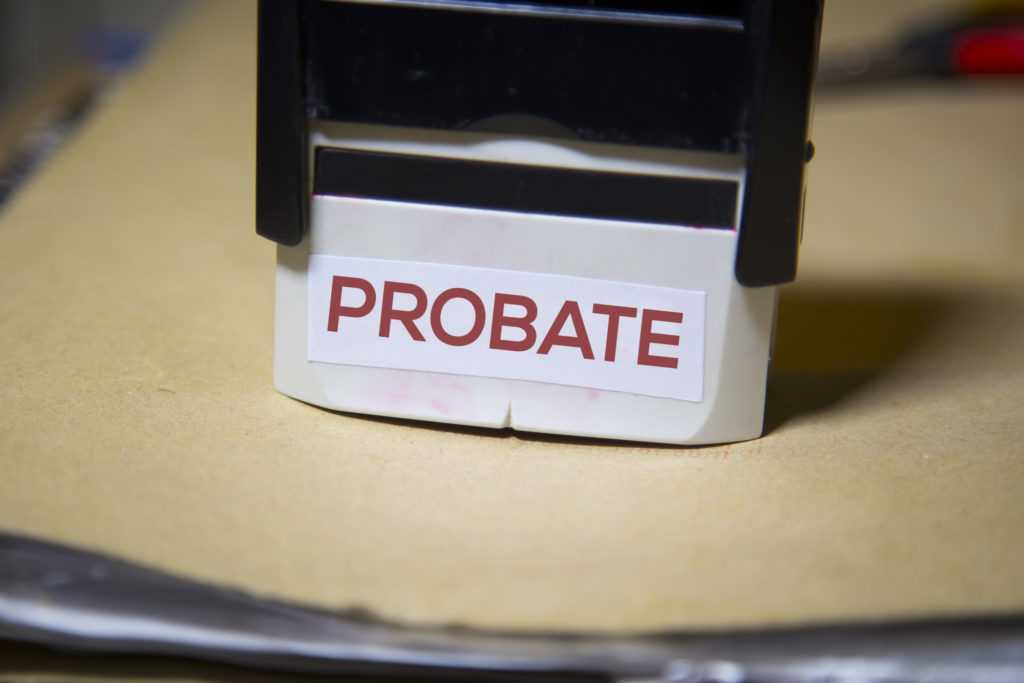There are currently over 169,941 estate lawyers, including probate lawyers, in the US. Do you know who to choose?
Losing a loved one is difficult enough. It’s important to find a probate lawyer you can trust. Their expertise and experience can ensure the process is handled properly.
The right lawyer can provide you with peace of mind during this difficult time.
Read on to learn more about what to look for in the right lawyer. By asking these seven questions, you can find the right legal representation you need.
1. How Much Experience Do You Have?
Before hiring a probate lawyer, it’s important to ensure they have the experience and expertise you need. Look for a lawyer who specializes in probate law.
How long have they practiced law? How long have they specialized?
Choosing a lawyer with years of experience will give you peace of mind. You’ll feel reassured that they have the know-how you need.
What does a probate lawyer do, exactly?
Probate lawyers work with executors and estate beneficiaries to settle a decedent’s affairs. Some of their responsibilities include:
- Preparing documents required by a probate court
- Resolving issues regarding income tax
- Handling challenges regarding the validity of the will
- Collecting proceeds from a life insurance policy
- Assisting in paying debts and bills
- Obtaining appraisals for the decedent’s real property
Probate lawyers help transfer assets from a descendant to the appropriate beneficiaries. They also make final disbursements of assets based on the defendant’s will or living trust.
Almost 25% fewer adults have wills in 2020 compared to 2017. Make sure your loved ones contact a lawyer to draft a will. A will could help resolve any future issues regarding the transfer of assets and property.
Otherwise, you might need to handle these situations through legal proceedings.
Talk to the probate lawyer about their responsibilities. Ensure they’re capable of handling the probate process. If they struggle to explain their own services, they likely lack the experience you need.
2. Who Will I Work With?
If you visit a law firm for a consultation appointment, make sure to speak with the lawyer who will handle your case. Try to learn as much as you can about their work background. Remember, you want to choose a lawyer who has the experience you need.
Take the time to visit your local bar association website. Make sure the lawyer is licensed to practice in the area.
You can also check online to make sure they don’t have any complaints filed against them. The Martindale-Hubbell website can give you more information about each law firm and lawyer as well.

3. Have You Handled Cases Similar to Mine?
Professionals learn from prior experience. Ask each lawyer if they have experience handling a situation that’s similar to yours. If they lack the experience you need, keep looking.
Every case is a little different. If the probate lawyer doesn’t sound confident about their abilities to help you, keep looking. Choosing someone who has handled a similar situation in the past will give you peace of mind.
You’ll feel more confident about their abilities to help you.
4. How Long Will My Case Take?
It’s important to set realistic expectations regarding your case. When determining what to ask a probate lawyer, review the details of your case first.
Do they have any concerns about your case? Will anything cause a potential delay? Do they know how to work around those delays?
The probate process can take a little time to complete. Many clients worry the process takes years, though it rarely does. Instead, ask your lawyer for a time frame.
As you speak to different lawyers, pay attention to each one’s answer. If one lawyer’s time frame seems too long, scratch that lawyer off your list. They might have too much on their plate to help you.
Determining an accurate time frame will help you plan and budget accordingly.
5. What Potential Issues Should I Prepare For?
You can also set realistic expectations by learning what to expect throughout the process.
Ask the probate lawyer what problems they usually come across. How can you avoid those issues?
An experienced lawyer will know what potential problems to look out for. They should also know how to take the necessary steps to avoid the same issues.
For example, what paperwork do they need you to gather? Before your consultation appointment, ask the lawyer what you should bring. Gathering the right documents can help you save valuable time.
6. How Can I Reach You?
How will you reach the lawyer or a member of their staff for developments and updates regarding your case? Should you call them or send an email? Will you need to speak with a paralegal who understands the details of your case?
Ask the lawyer how long their usual response time is. If they don’t have a plan to contact you, reconsider choosing that lawyer.
Otherwise, you might come across communication issues down the road.
7. What Charges Should I Expect?
In many cases, legal fees can feel confusing. Speak with the lawyer about their fee structure. Do they charge based on a contingency fee, hourly fee, or flat fee?
If they charge hourly, what’s their rate? How long have cases similar to yours taken in the past?
Ask about any unexpected or additional costs you’ll need to worry about, too.
Before signing a contract, make sure to read every detail. Ask any questions you have before signing the document.
Preparing for Probate: 7 Questions to Ask a Probate Lawyer
Losing a loved one is daunting enough. With an experienced probate lawyer, you won’t have to work through the process alone. Now that you know what to ask a probate lawyer, you can find one you can trust.
Searching for more helpful legal advice? We’re here to help.
Contact us today to schedule your consultation appointment.
